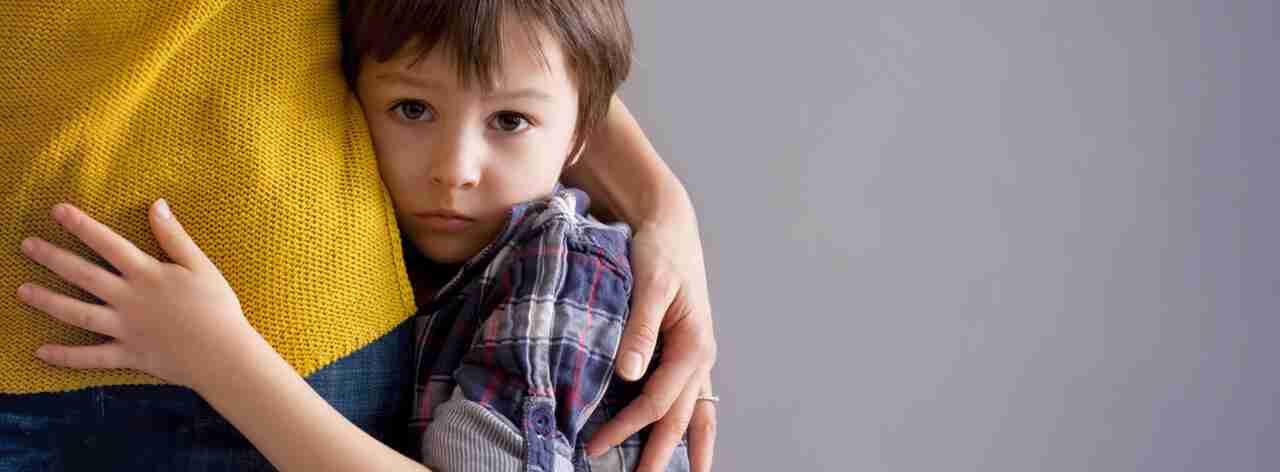Mental Health Disorders (MHD) in children are common, and a significant number of this population deal with emotional and behavioural problems (EBP) or emotional and behavioural disorders (EBD). In a study by the Australian Department of Health, approximately 1 in 7 Australian children are diagnosed with a mental health disorder. Knowing about your child’s emotional and behavioural struggles and seeking professional help early, can not only enhance recovery but also prevent other EBD(s) later in life.
EBD in children can be difficult to notice as children can be at different stages of their emotional development when compared to other children within the same age group. Nonetheless, one of the primary ways to detect EBD in children is by observing their externalizing and internalizing behaviours, which results in poor academic performance and chaotic interpersonal relationships. Different social and family settings can influence the way a child develops, for example unpleasant social and family environments such as domestic violence or divorce can cause overwhelming experiences which might elevate the risk of EBD depending on child’s coping capacity.
Externalizing behaviours include aggression, conduct problems, delinquent behaviours, oppositionality, hyperactivity, and attention problems, whereas internalizing behaviours include anxiety, fear, sadness/depression, social withdrawal, and somatic complaints. Children with externalizing behaviours may lash out at others using aggression, violence, defiance, and criminal behaviours. Conversely, children with internalizing behaviours may hurt themselves without lashing out to others.
As unattended externalizing and internalizing behaviours can have a downward spiral effect on every aspect of a child’s life, early detection and treatment are of high importance. For more information about COPE Centre and our children and adolescent therapy sessions, feel free to contact our clinic via the form below or give us a call at 9226 4726. Our clinical psychologist will be able to assist you with your queries. Click here if you would like to book an appointment with us today.
